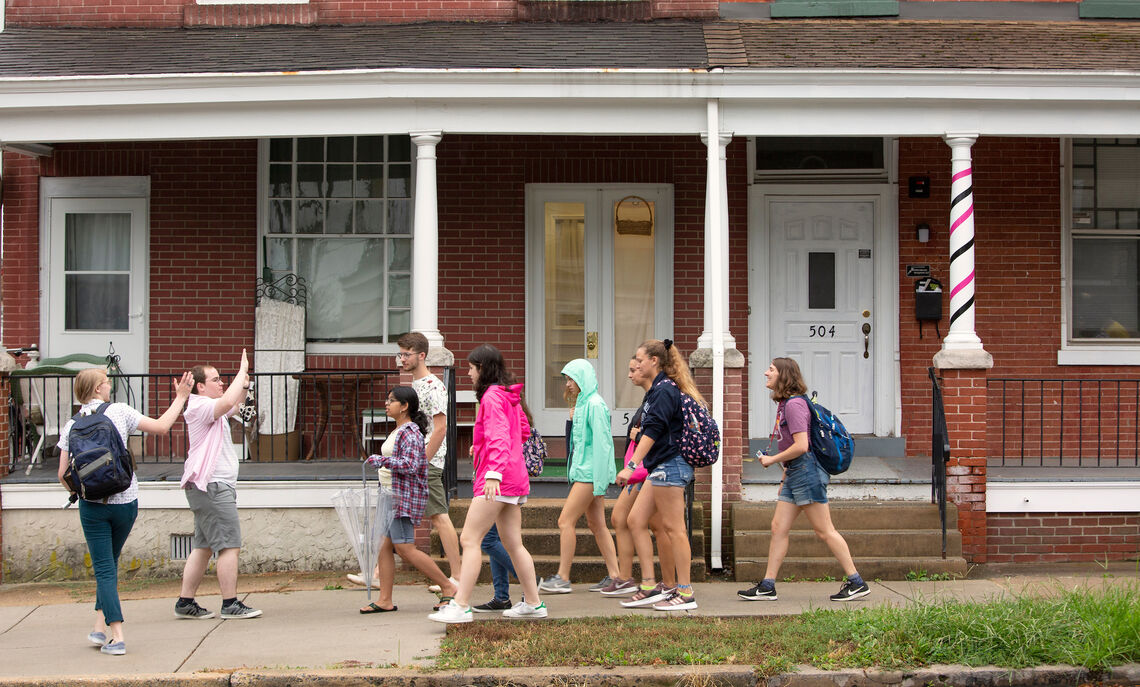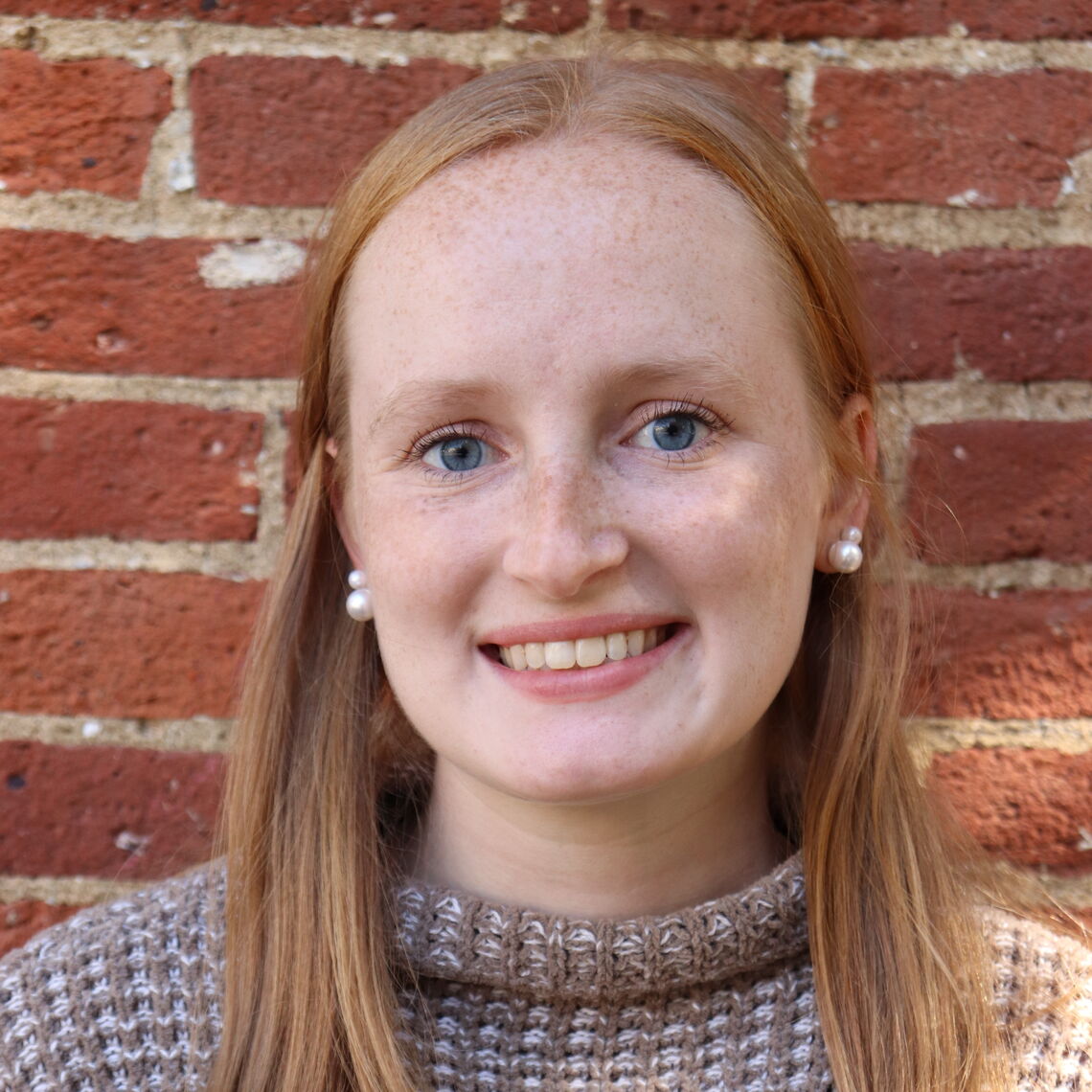F&M Stories
Students Gain Hands-On Public Health Experience
Senior Sydney Wieczkowski has already put her public health degree to work before even graduating from Franklin & Marshall.
The Hackman Scholar spent five weeks of her summer researching lead remediation in Lancaster City homes and the long-term effectiveness of the remediation.
"We were able to go out and do door-to-door recruitment in Lancaster City and conduct interviews with participants ourselves," said Wieczkowski, a government major (public health track) and sociology minor.
Since 2017, faculty-student research teams at F&M have paired with nonprofit partners and government officials in Lancaster to identify residents at risk for lead poisoning. The initiative is led by Harriet Okatch and Jennifer Meyer, assistant professors of public health in the fields of biology and government, respectively.
In November, they received a three-year, $699,139 lead technical studies award from the U.S. Department of Housing and Urban Development.
The research is also sponsored by F&M, the city of Lancaster, the Partnership for Public Health, and Property Lead Inspections LLC.
Lead is found naturally in soil, and can enter drinking water through aging plumbing systems. But the most common source for lead is in homes built before 1978, when lead-based paints were banned. Pennsylvania's housing stock is among the oldest in the nation.
The study has two main objectives. The first focuses on how long lead remediation is effective in houses.
"We are looking at variables including different types of lead remediation, how long ago houses were remediated, and the current lead levels of the houses," Wieczkowski said.
The second aim examines lead remediation and its effects on child development.
"We are looking at households that have received lead remediation and ones that have not, and having children take a series of cognitive tests to determine if there are any effects of lead remediation on child growth," Wieczkowski said.
Throughout the summer, Wieczkowski and fellow Hackman seniors Adina Rubenstein, Eunice Woo and Hoi Lam sent postcards to eligible households, identified new addresses to send postcards to, designed flyers for both aims of the study and edited the project's website and infographics. They also helped create protocols for recruiting participants and scheduling interviews.
The experience showed students "the recruiting side of research projects," Wieczkowski said.
"We were able to help with collecting data by scheduling and conducting interviews and being present for the lead testing," she said.
Data and results gathered from the research could be used by local— and even national— policymakers to address lead remediation and lead poisoning.
"It's exciting to be a part of a study that could help households all over the country," Wieczkowski said.
Related Articles
February 16, 2026
Powering Innovation: Inside F&M’s Campus Supercomputer
Imagine 1,600 computer processors combining power toward one task. This is the engine driving innovation at F&M. Called a High-Performance Computing (HPC) cluster, this elite shared resource accelerates discovery, empowers large-scale research, and fuels the collaborative spirit that defines the F&M experience.
February 3, 2026
Coral, Caves and Ice Cores: The Path to Hydrology for Monica Arienzo ’08
Hydrology research has taken Monica Arienzo ’08 to coral reefs in the U.S. Virgin Islands, underwater caves in the Bahamas and ice cores in Antarctica and Greenland.
January 28, 2026
Virtual Cadaver Lab to Redefine & Accelerate Health Professions Training at F&M
Franklin & Marshall College is set to transform its pre-health and science curriculum thanks to a generous grant from the George I. Alden Trust. The funding will support the development of a state-of-the-art virtual cadaver lab, bringing high-tech, immersive anatomical study to F&M’s campus.


